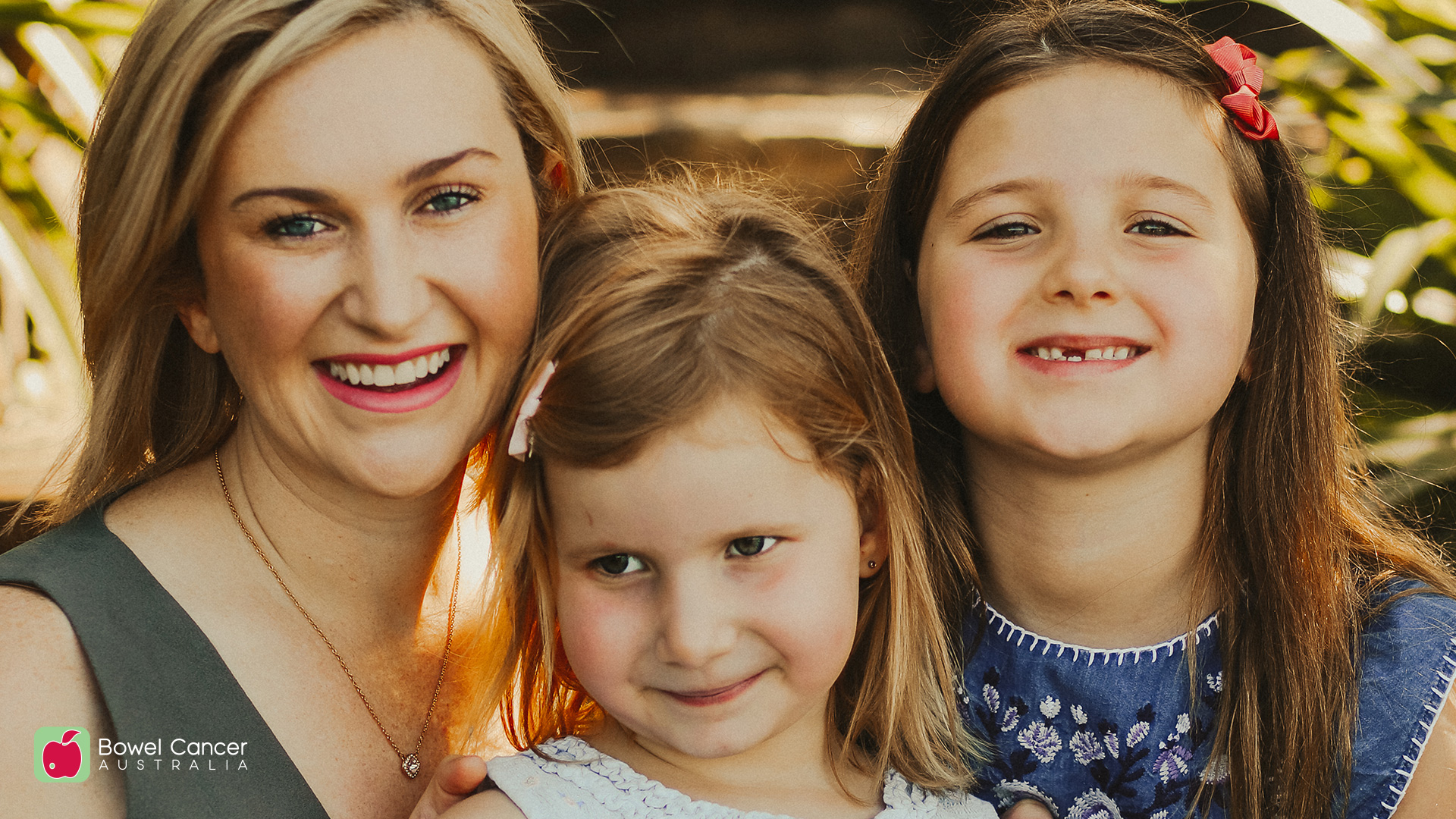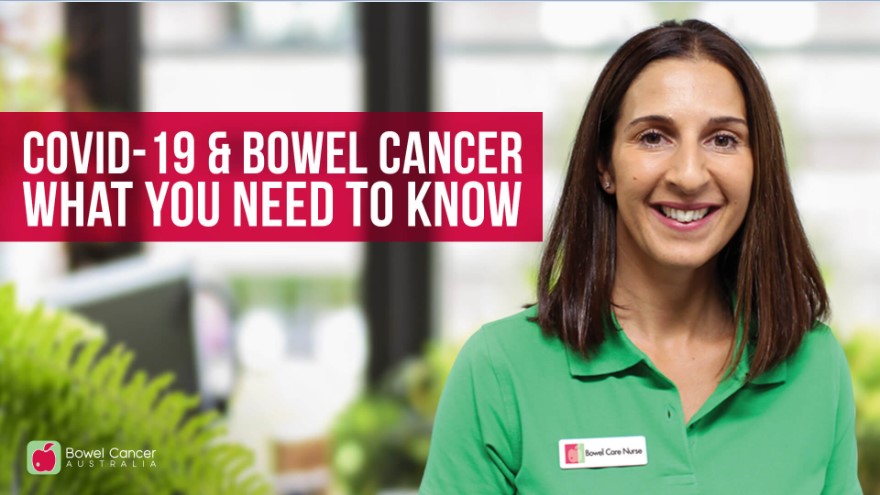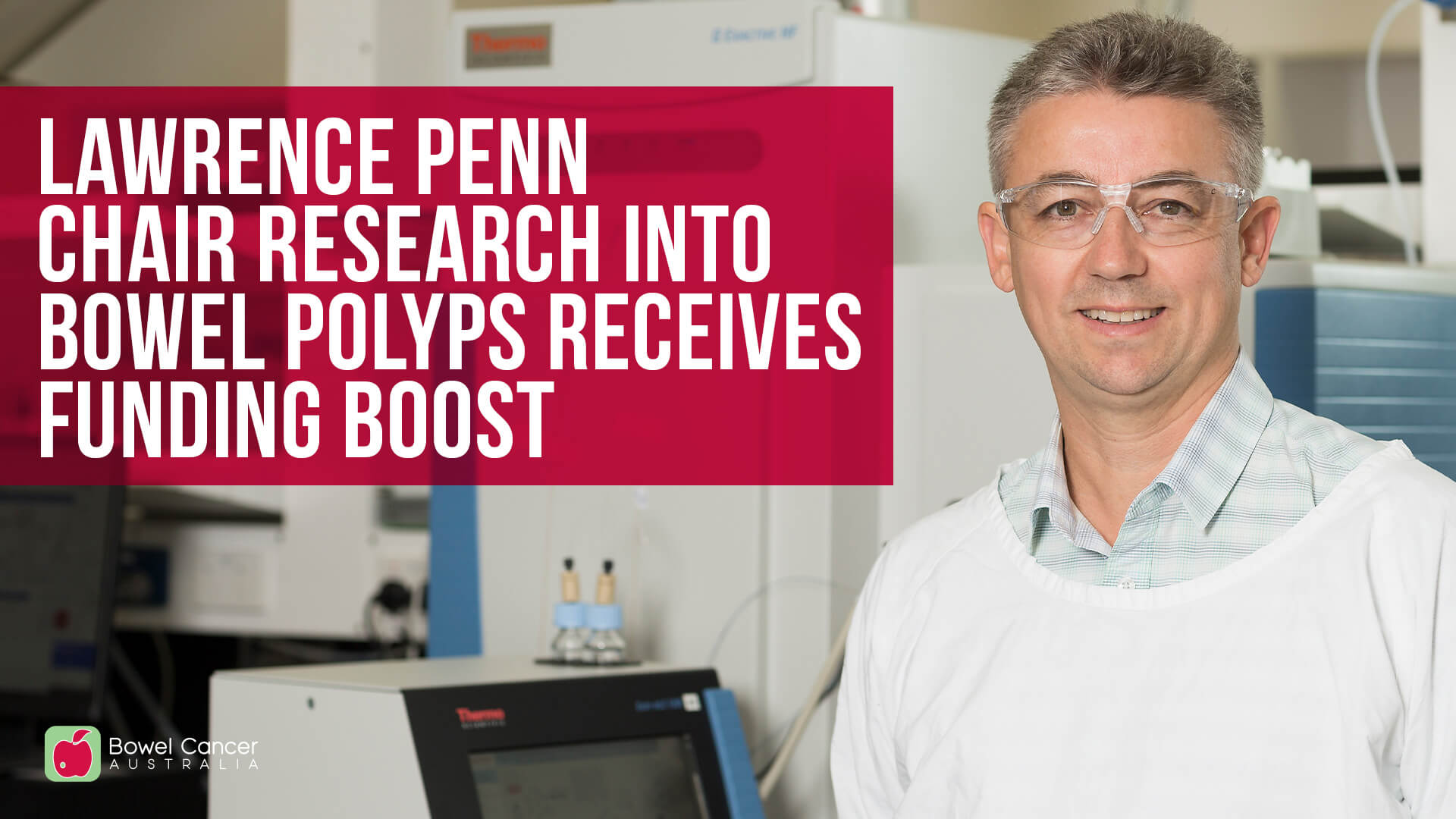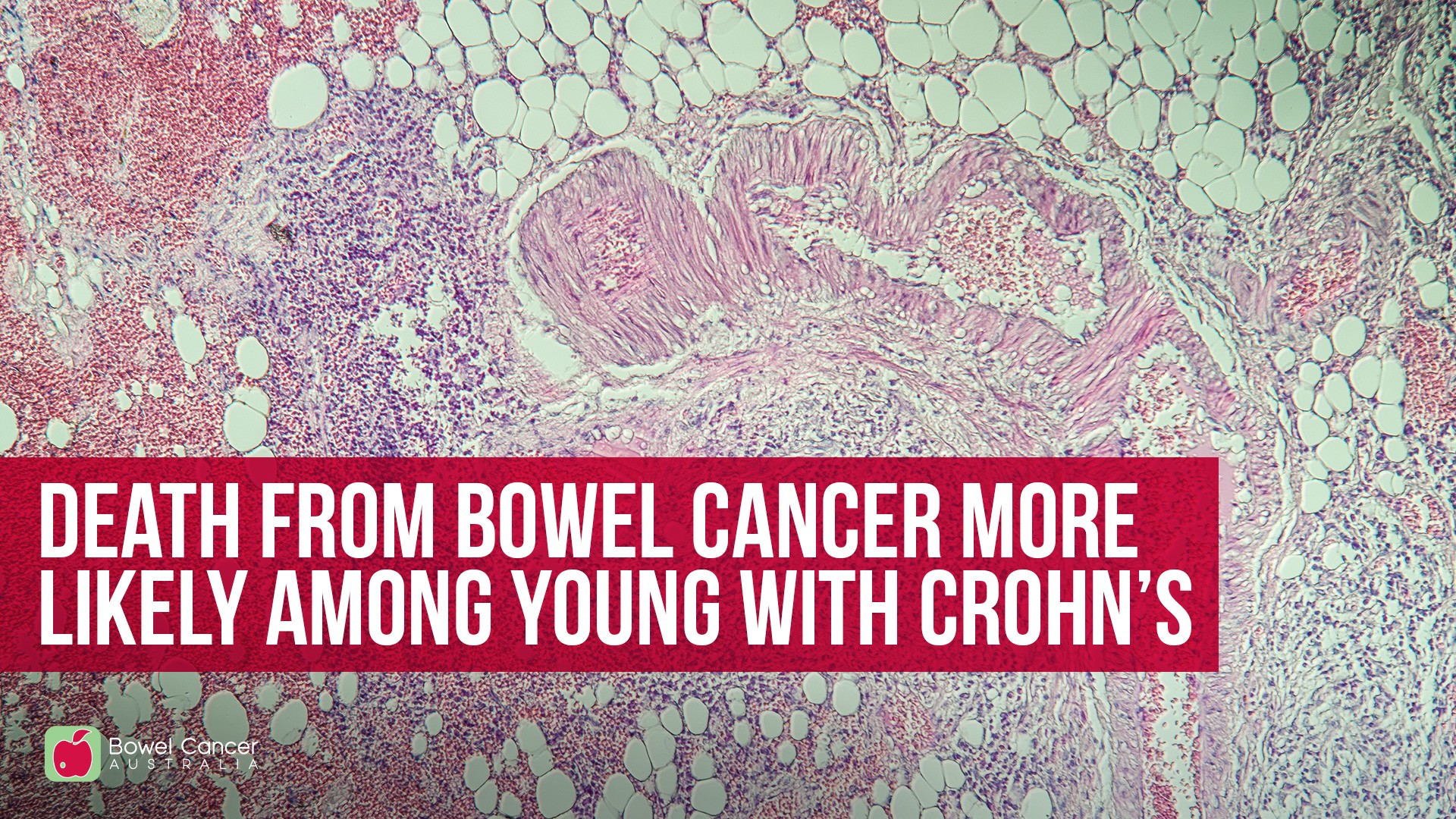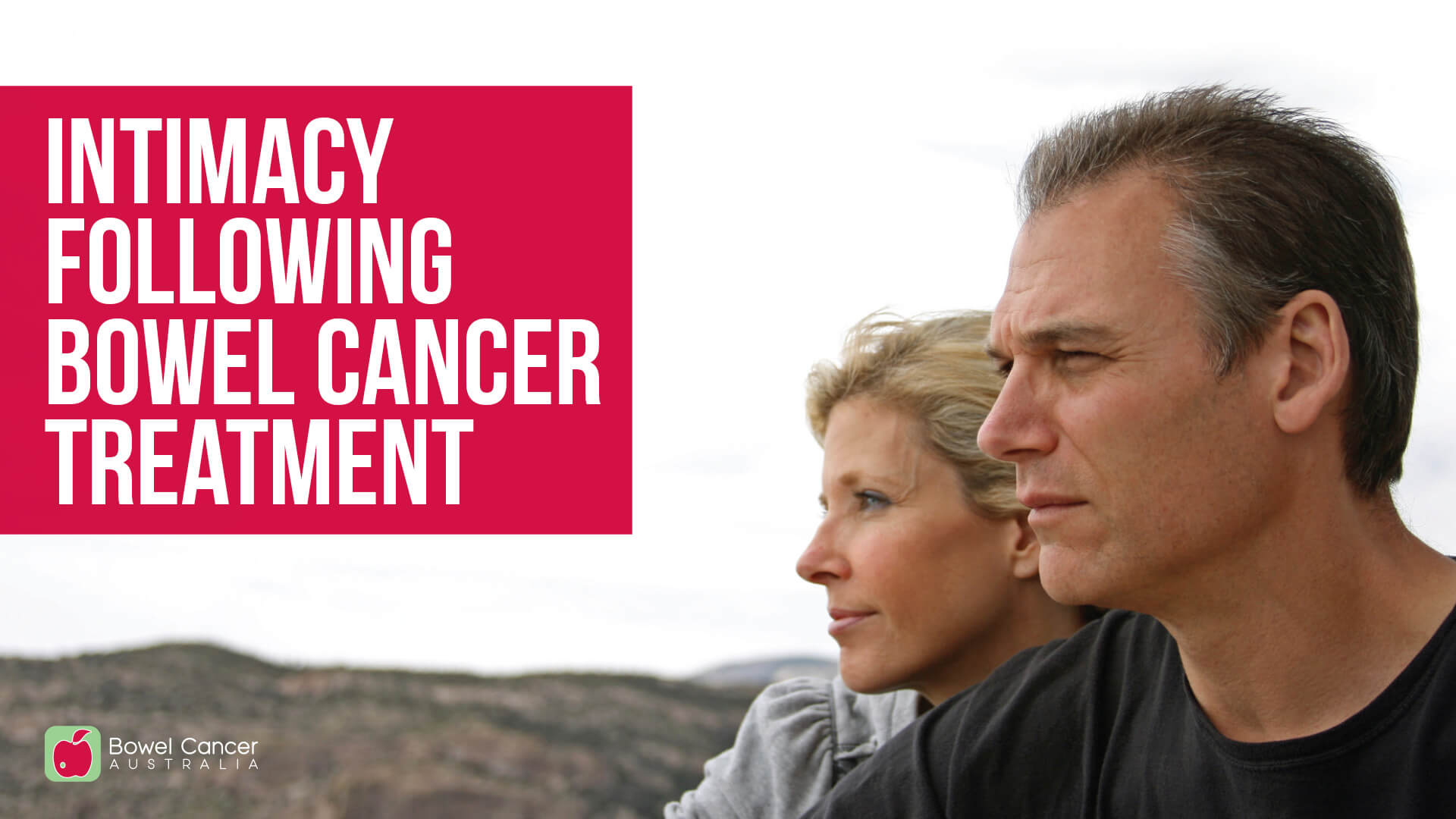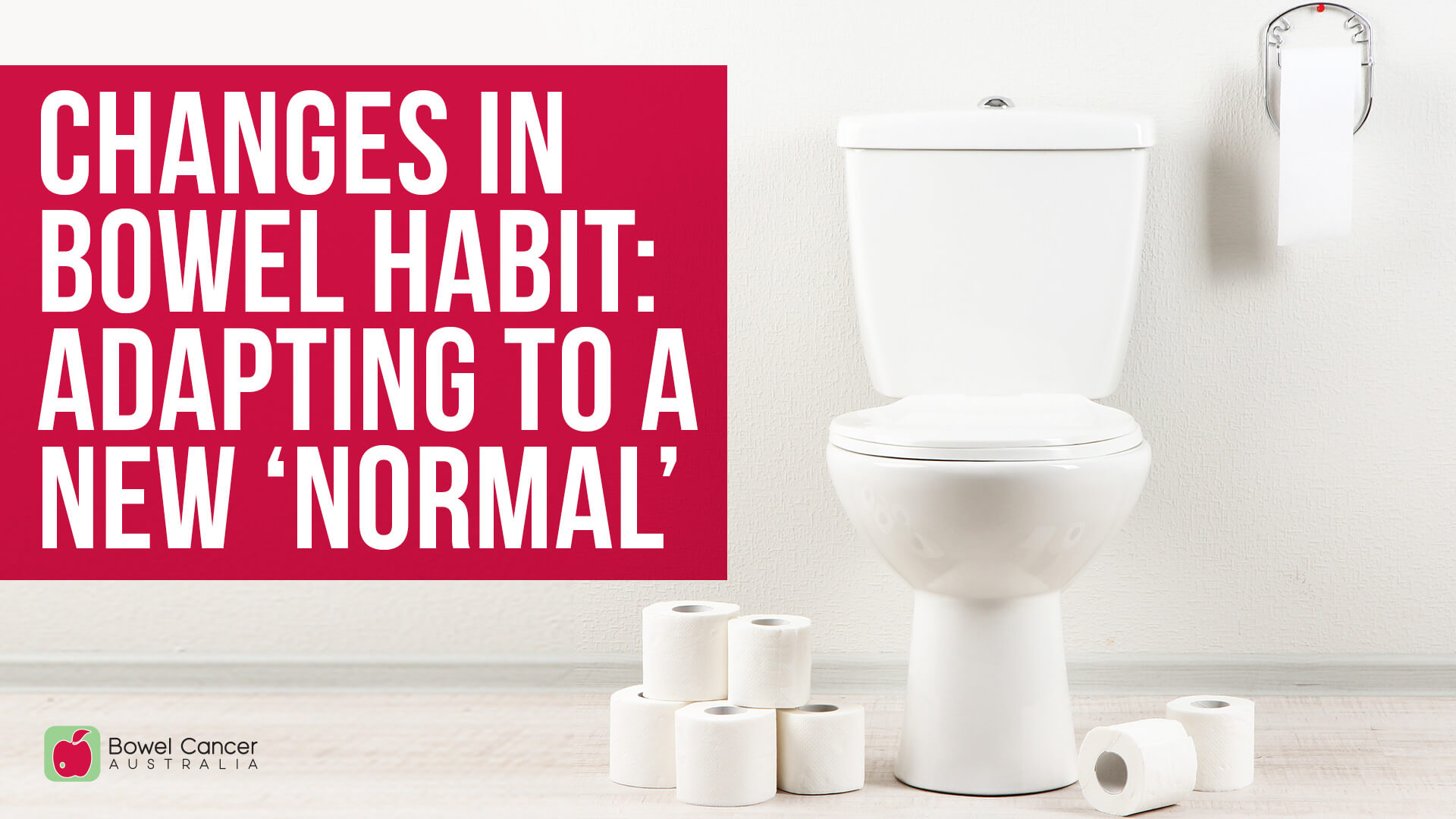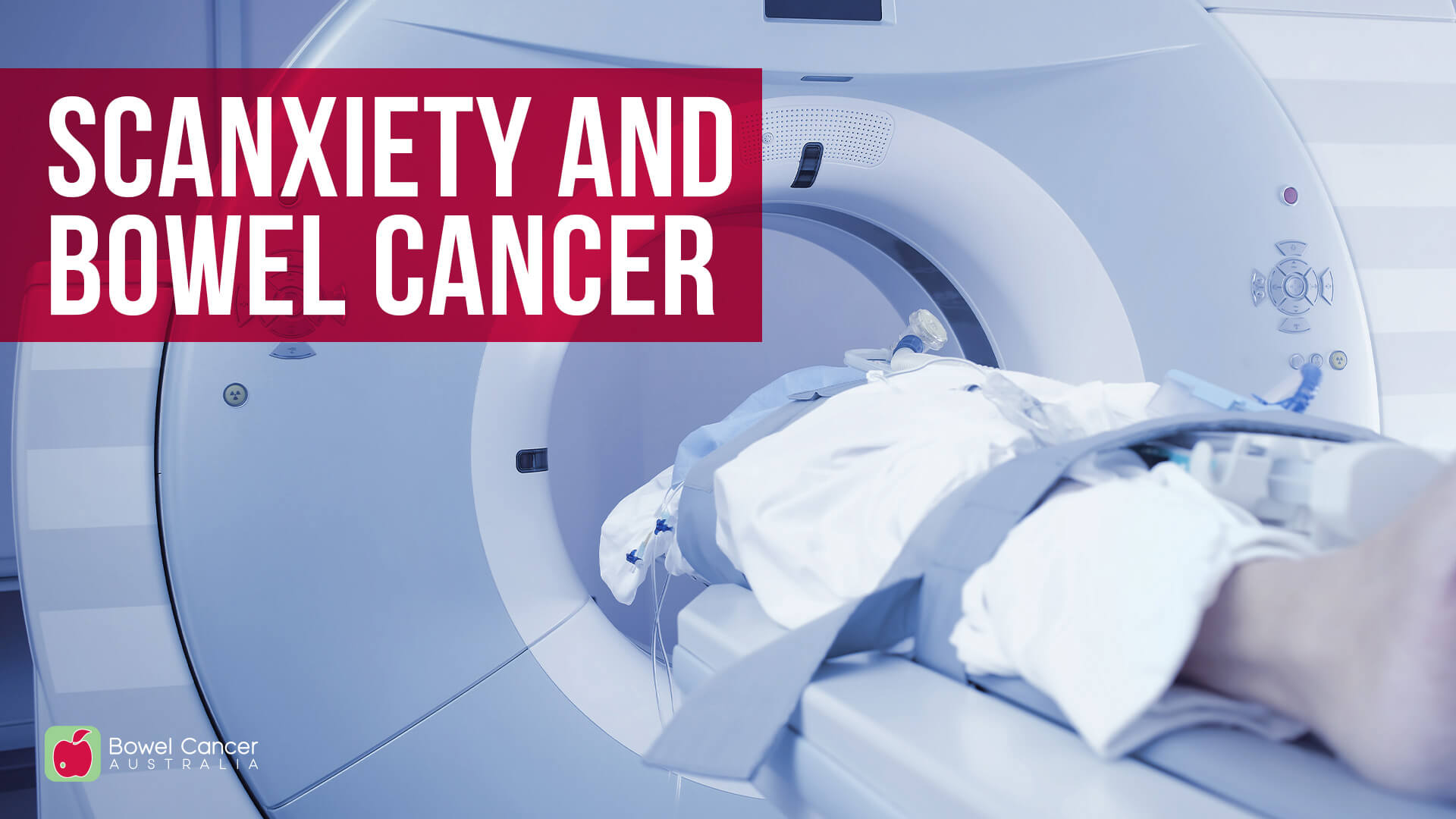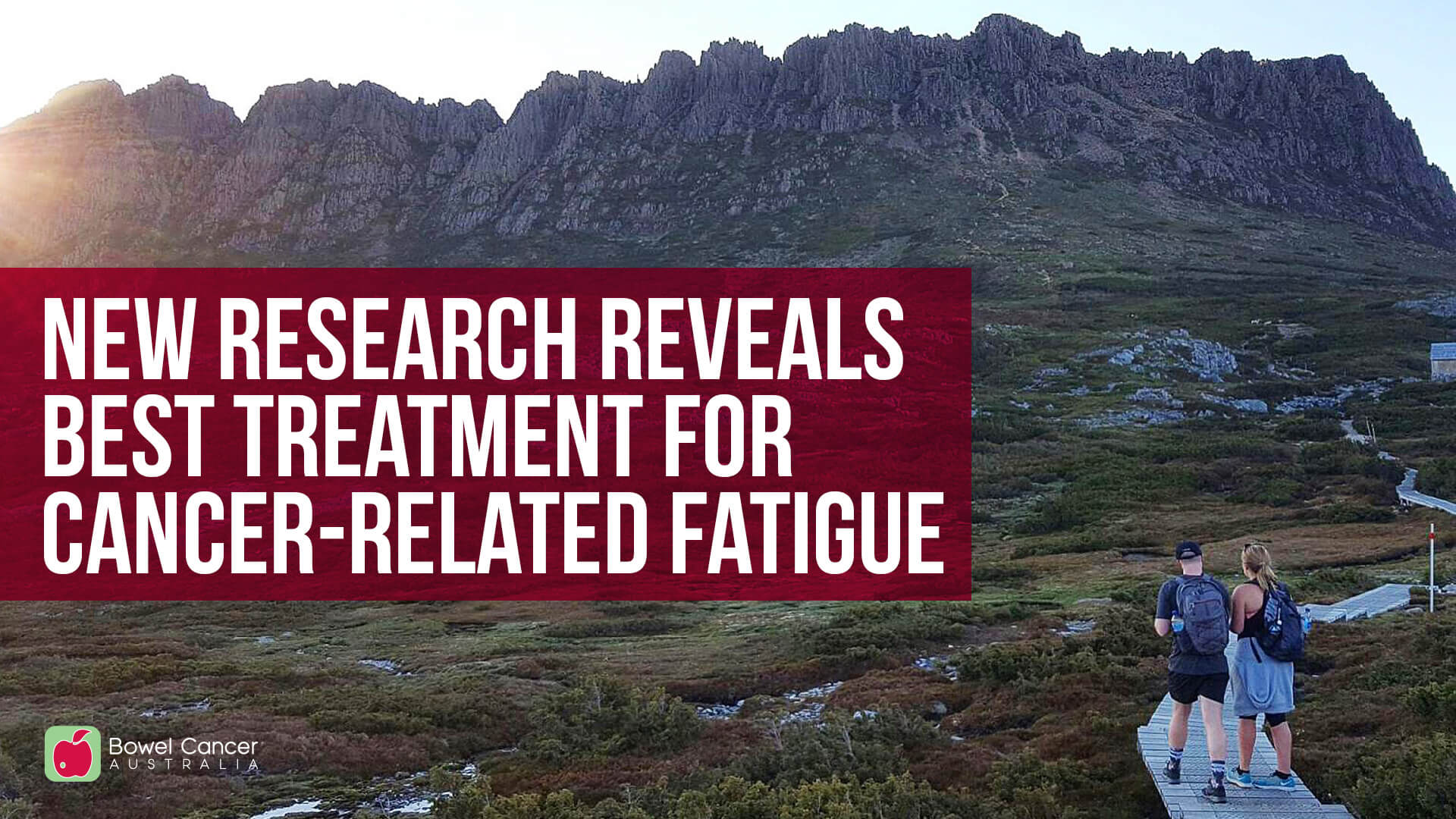Media centre

- Details
Please refer to our Coronavirus webpage for more detailed and up-to-date information.
What does COVID-19 mean for someone affected by bowel cancer?
If you or someone you know has bowel cancer, your concerns around the COVID-19 pandemic are likely to extend beyond toilet paper shortages and low pasta supplies.
- Details
- Details
- Details
Sex is a sensitive subject to discuss under the most ordinary of circumstances, but it can become particularly delicate to speak about following bowel cancer.
Low energy levels and physical discomfort after surgery can affect how a person feels about wanting to have sex.
- Details
But what happens when the side-effects of the treatment designed to return a person to health make them feel so terrible, they can’t or won’t eat?
- Details
Bowel habits are unlikely to return to what they were before surgery for anyone who has had bowel cancer, according to more than 200 bowel cancer patients surveyed around the world.
- Details
- Details
Cancer-related fatigue not only causes tiredness and a lack of energy, it can also contribute to depression, confusion, irritability, and poor memory.
- Details

